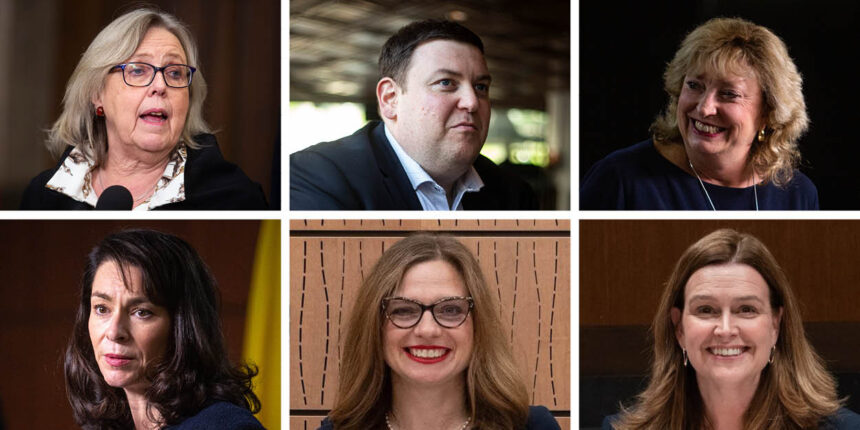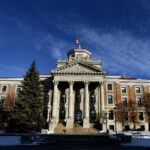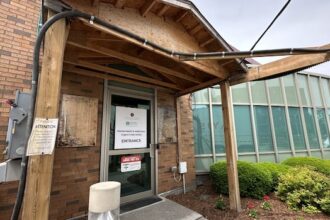In the sweltering heat of Canadian summer, a different kind of fire is being stoked across ridings nationwide. Newly elected Members of Parliament are trading the formal chambers of the House of Commons for backyard barbecues, community festivals, and local fairs in what political veterans affectionately call the “barbecue circuit.” For these rookie MPs, the summer recess isn’t simply vacation—it’s a crucial baptism by fire into the grassroots aspect of Canadian politics.
“My calendar is absolutely packed,” confesses Brenda Thompson, a first-time MP from Ontario who has scheduled over 40 community events before Parliament resumes in September. “I’m learning that representing my constituents happens just as much—if not more—at these local gatherings than it does in Ottawa.”
The summer circuit represents a dramatic shift for many newcomers to Parliament Hill. Having spent months navigating the procedural complexities of the House, rookie MPs now face the equally challenging task of community engagement—a skill set that isn’t taught in any orientation manual.
Political strategist Martin Chen explains the significance: “These summer events are where the real political capital is built. Voters remember the MP who showed up at their community fair or cultural festival. It humanizes politicians in a way that’s impossible to achieve through formal communications or social media.”
The CO24 Politics team has observed this phenomenon across the country. In Quebec, new MPs are navigating Saint-Jean-Baptiste celebrations alongside community concerns. Prairie representatives are balancing agricultural fair appearances with discussions about crop prices and water management. On the coasts, first-time parliamentarians are addressing fishing industry worries between seafood festivals.
The challenges for these political newcomers extend beyond simply showing up. Many struggle with the delicate balance of enjoying community celebrations while simultaneously addressing constituent concerns that range from passport processing delays to housing affordability.
“People approach you everywhere—in line for corn on the cob, while you’re watching a parade, even in the washroom,” notes Thomas Williams, a rookie MP from British Columbia. “You’re never off duty, and that’s been the biggest adjustment. Every interaction is potentially meaningful to someone’s life.”
The Canada News landscape reflects how crucial these summer engagements have become. When Parliament isn’t sitting, these community touchpoints offer rare opportunities for media coverage outside the Ottawa bubble. Local reporters track MPs’ appearances, assessing how well they’re connecting with constituents.
Veterans of the Hill have offered mixed advice to their newer colleagues. Some suggest prioritizing events that allow for meaningful conversations rather than simply making brief appearances at as many functions as possible. Others emphasize the importance of using these opportunities to identify emerging issues before they become full-blown crises.
“I was told to take detailed notes after every event,” says Amira Khaled, a first-term MP representing a diverse urban riding. “The conversations I have at community barbecues often shape my fall priorities. It’s grassroots intelligence gathering at its finest.”
What makes this summer particularly significant is the looming possibility of an election within the next year. For many of these rookie MPs, this may be their only chance to establish themselves in their ridings before facing voters again. The pressure to make positive impressions is palpable.
Political analyst Sophia Rodriguez observes that success on the barbecue circuit often translates to electoral success. “The MPs who thrive in these informal settings—who can genuinely connect with people over a paper plate of potato salad—tend to build the community relationships that withstand political storms,” she tells CO24 News.
The summer circuit also presents unique challenges for MPs representing geographically vast ridings. Northern and rural representatives often spend more time in transit than at actual events, facing marathon driving schedules to cover territories that can span hundreds of kilometers.
As September approaches, these rookie parliamentarians will return to Ottawa with sunburns, business cards from local leaders, and—if they’ve done their jobs well—a deeper understanding of the communities they represent. The question remains: in an era of increasing political polarization, can these summer connections help rebuild trust in democratic institutions, or are they simply the pleasant but ultimately superficial rituals of Canadian political tradition?
























